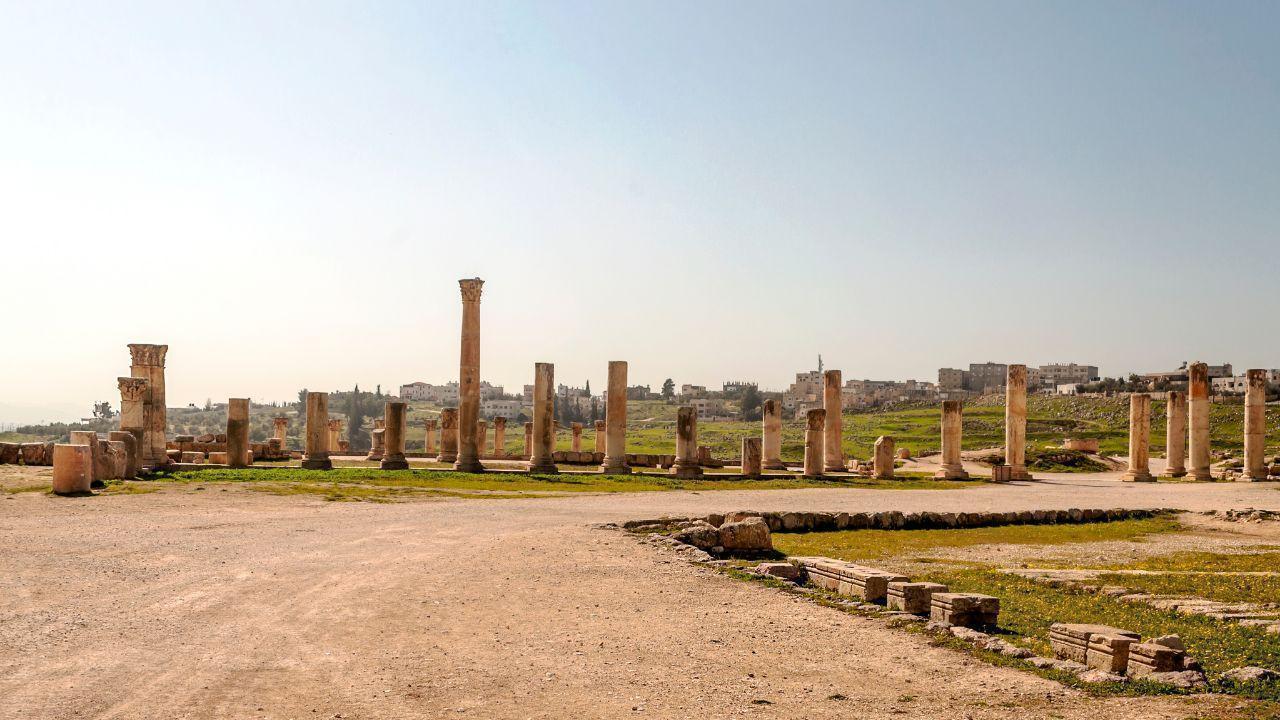
Post by: Vansh Kumar
History is filled with astonishing achievements, but some of the most profound wisdom and advancements of ancient civilizations remain buried in the past. The Hidden Knowledge of Ancient Civilizations That History Forgot reveals insights into lost technologies, scientific discoveries, and cultural advancements that continue to intrigue historians and researchers today. These forgotten secrets provide a glimpse into how ancient societies thrived and what we can still learn from them.
One of the most fascinating aspects of ancient civilizations is their mastery of technology—often centuries ahead of their time. The Great Pyramids of Egypt, constructed with near-perfect precision, still puzzle engineers today. The methods used to transport and position these massive stone blocks remain a mystery. Similarly, the Antikythera Mechanism, an ancient Greek device discovered in a shipwreck, is considered the world’s first analog computer. This intricate mechanism, dating back over 2,000 years, could predict astronomical positions and eclipses, showcasing an advanced understanding of astronomy and mechanics.
In South America, the Nazca Lines—huge geoglyphs etched into the desert floor—continue to baffle researchers. Some believe they were used as astronomical calendars, while others suggest they had ceremonial significance. The precision with which these massive figures were drawn raises questions about the technological prowess of the Nazca civilization.
Ancient civilizations also possessed medical knowledge that rivals modern practices. In India, the Ayurvedic system of medicine, documented over 3,000 years ago, detailed surgical procedures such as rhinoplasty (nose reconstruction) and cataract surgery. The Edwin Smith Papyrus, an ancient Egyptian medical text, describes complex surgical techniques, proving that Egyptian physicians had a deep understanding of human anatomy and trauma care.
The Inca civilization developed skull surgery techniques known as trepanation, where holes were drilled into the skull to relieve pressure or treat head injuries. Surprisingly, evidence suggests high survival rates, indicating a sophisticated understanding of medical procedures and post-surgical care.
Urban planning and architectural expertise in ancient times were far more advanced than previously thought. The Indus Valley Civilization, thriving around 2500 BCE, had well-planned cities like Mohenjo-Daro and Harappa, featuring advanced drainage systems, standardized brick sizes, and grid-pattern streets. This level of organization suggests that they had a structured government and a deep understanding of urban planning.
Similarly, the lost city of Petra, built by the Nabateans, featured an impressive water management system. Using intricate canal networks, reservoirs, and aqueducts, they sustained a thriving civilization in the harsh desert environment. These innovations demonstrate an understanding of engineering principles that many modern cities still apply today.
Many ancient civilizations displayed remarkable knowledge of astronomy, aligning their structures with celestial events. The Mayans, known for their advanced calendar system, accurately predicted solar eclipses and planetary movements. Their pyramids, such as El Castillo in Chichen Itza, were designed to align with the equinox, creating a mesmerizing shadow effect that resembled a serpent descending the stairs.
Stonehenge in England is another example of an ancient astronomical observatory. Scholars believe it was used to track lunar and solar cycles, indicating that its builders had an intricate understanding of celestial mechanics.
Some researchers believe that ancient civilizations understood and harnessed energy in ways we have yet to comprehend. The use of sound and resonance in megalithic structures has sparked theories about how these societies may have used vibrational frequencies for construction, healing, or spiritual purposes.
The Egyptian pyramids, for example, have been theorized to function as energy conductors due to their unique construction materials and alignment with the Earth's magnetic field. The ancient Hindu texts also mention Vimanas, flying machines supposedly powered by unknown energy sources, leading some to speculate that ancient societies had access to advanced knowledge that has been lost to time.
The study of The Hidden Knowledge of Ancient Civilizations That History Forgot reminds us that history is more than just stories—it is a repository of valuable wisdom. From advanced engineering and medical innovations to astronomical calculations and urban planning, these civilizations laid the groundwork for many modern advancements.
By revisiting their achievements, we can uncover sustainable solutions to present-day challenges, appreciate the depth of human ingenuity, and remain open to the idea that history may still hold secrets waiting to be rediscovered. Their legacy continues to inspire and challenge us, proving that the past holds the key to the future.
The Hidden Knowledge of Ancient Civilizations That History Forgot explores the lost technologies, scientific advancements, and cultural achievements of past societies that continue to intrigue researchers. From the Great Pyramids of Egypt and the Antikythera Mechanism to the Nazca Lines, ancient civilizations demonstrated remarkable engineering and scientific prowess. Medical innovations, such as advanced surgical techniques in Egypt and India and skull surgeries by the Incas, highlight their deep understanding of healthcare.
Urban planning marvels like the Indus Valley Civilization and Petra’s water systems showcase advanced infrastructure, while civilizations such as the Mayans and builders of Stonehenge mastered astronomy. Some theories suggest these civilizations harnessed energy and sound technologies, possibly using vibrational frequencies for construction and healing. Their knowledge provides valuable lessons, proving that history is not just about the past but a guide for the future.
This article is intended for informational and educational purposes only. While efforts have been made to present accurate historical insights, some interpretations remain speculative or based on ongoing research. Readers are encouraged to explore multiple sources and consult experts for deeper understanding. DXB News Network does not endorse any pseudoscientific claims or unverified historical theories.
#trending #latest #AncientCivilizations #LostKnowledge #HiddenHistory #AncientTechnology #HistoricalMysteries #LostCities #Archaeology #AncientWisdom #AncientScience #ForgottenHistory #MysteriousDiscoveries #AncientEngineering #LostTechnologies #AncientMedicine #HistoricalSecrets #breakingnews #worldnews #headlines #topstories #globalUpdate #dxbnewsnetwork #dxbnews #dxbdnn #dxbnewsnetworkdnn #bestnewschanneldubai #bestnewschannelUAE #bestnewschannelabudhabi #bestnewschannelajman #bestnewschannelofdubai #popularnewschanneldubai

Delicious and Easy 10 Tasty Recipes to Try Today...Read More.

Emirates Foundation's Sanid Program trained 341 volunteers in first aid, fire safety, and crisis response, enhancing emergency preparedness across the UAE....Read More.





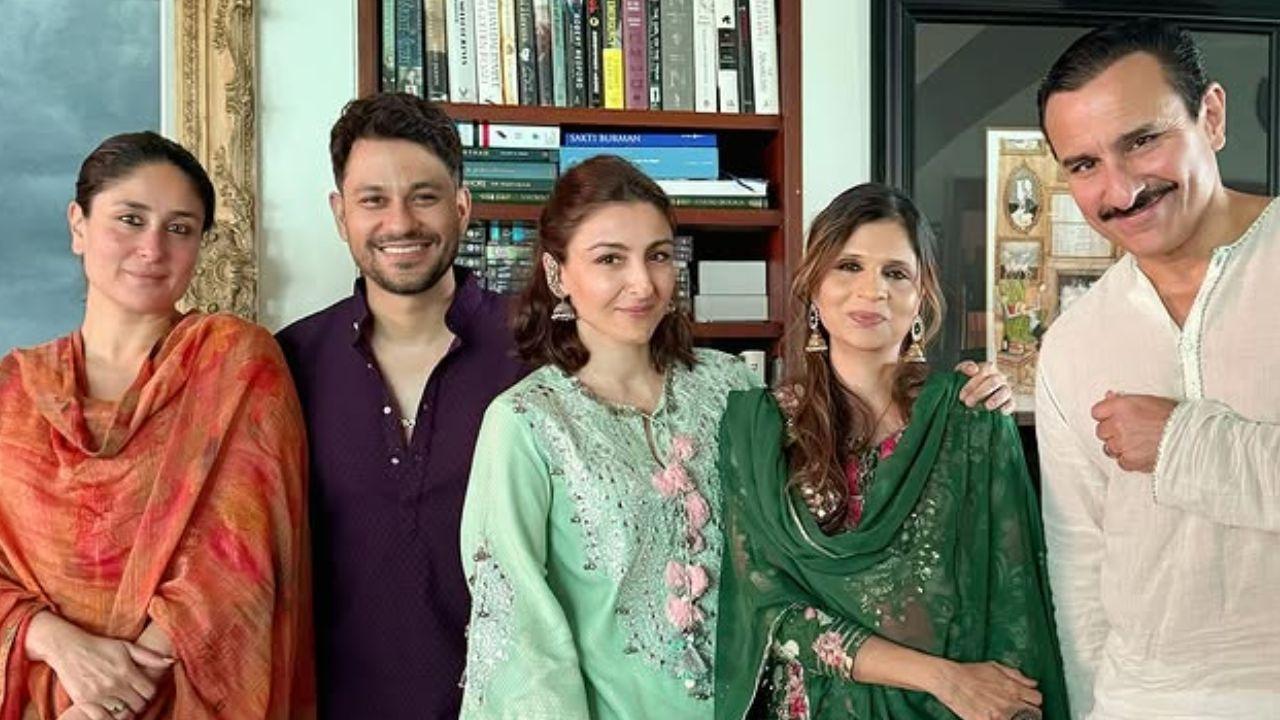

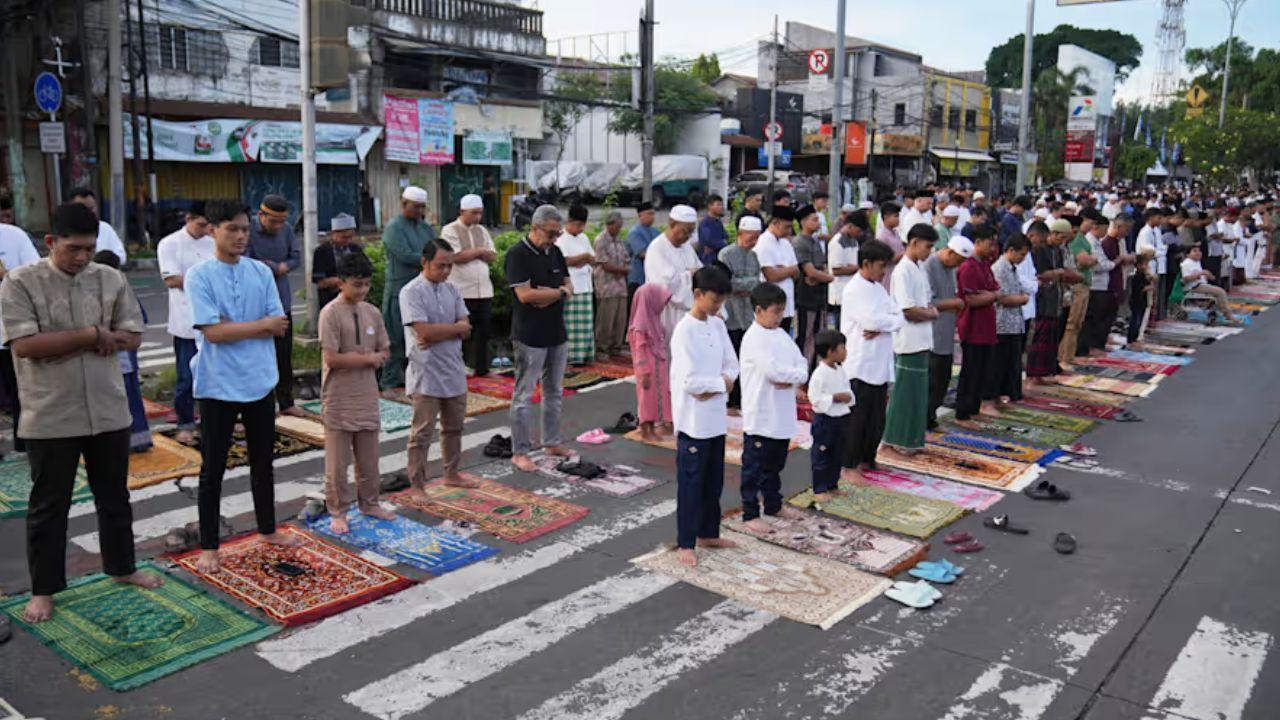

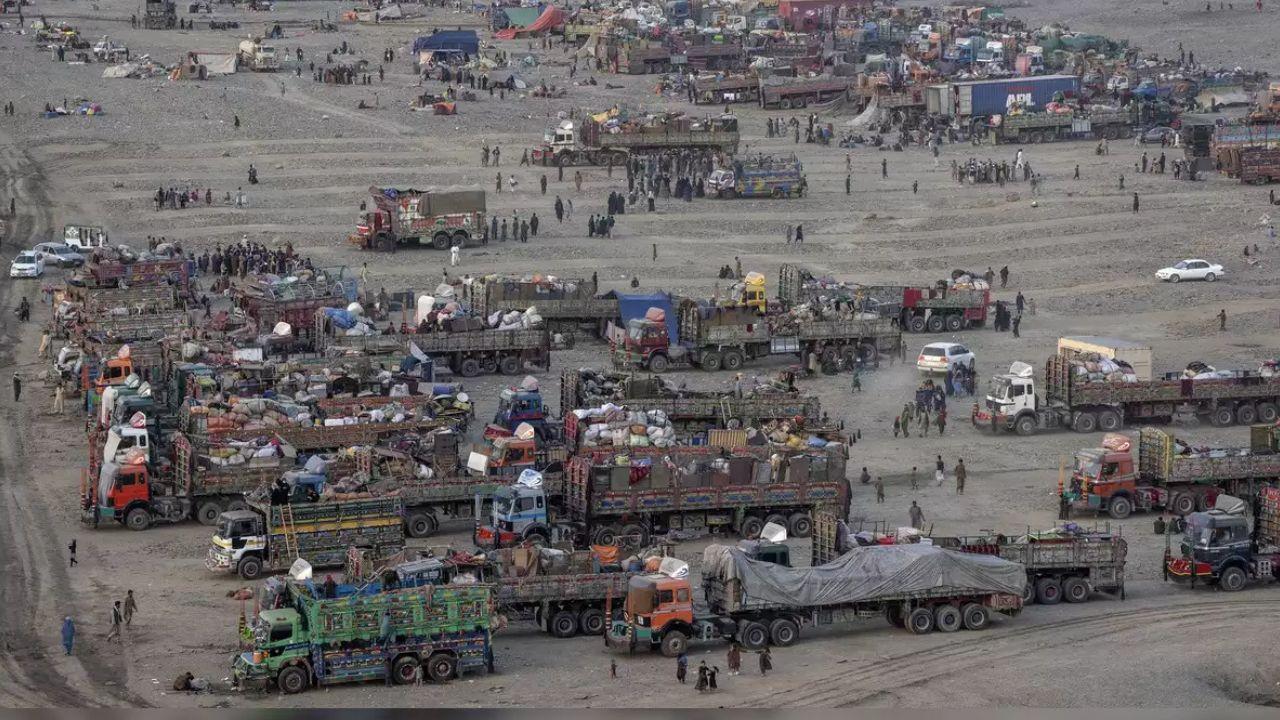




New E-Skin Enables Touchless Control and Robot-Like Sensation
Revolutionary e-skin mimics human touch, allowing touchless control, aiding robots, and helping peop

UAE to Launch Digital Dirham CBDC by Year-End for Secure, Efficient Payments
The UAE will introduce its Digital Dirham CBDC by year-end, enhancing security, transparency, and ef

Teenager Mensik Stuns Djokovic in Miami Open Final Upset
Jakub Mensik, 19, shocked Novak Djokovic in Miami, denying him his 100th title with a thrilling stra
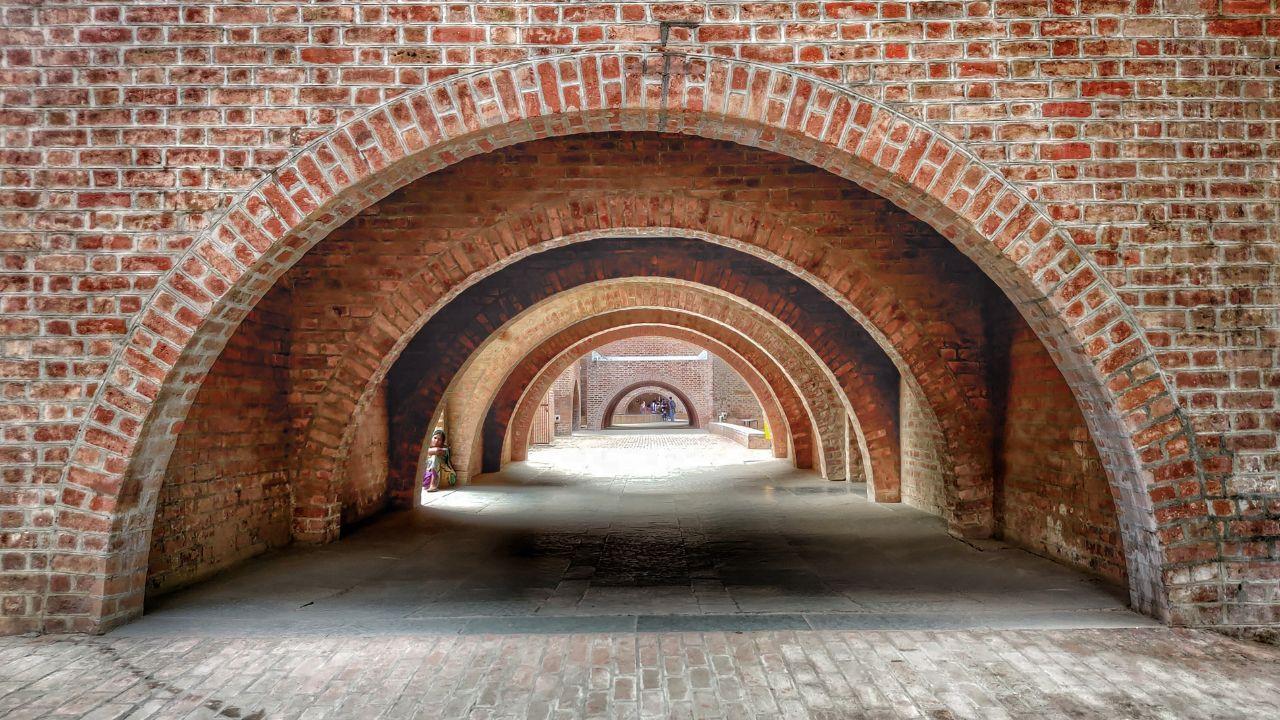
IIMA's 60th Convocation & First International Campus in Dubai
IIMA held its 60th convocation, announced a Dubai campus, launched a new centre, and introduced a fi
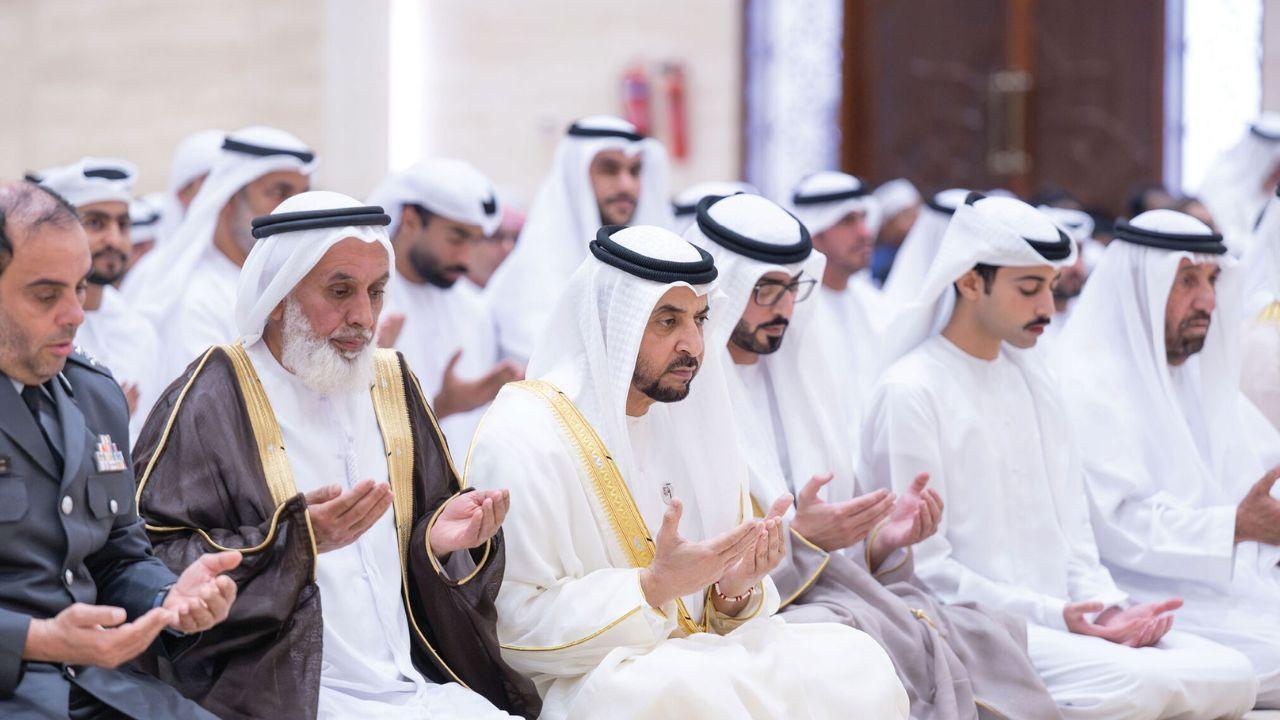
Hamdan bin Zayed Performs Eid Prayer & Receives Well-Wishers
Sheikh Hamdan bin Zayed prayed on Eid in Al Mirfa, welcomed well-wishers, and reflected on the value